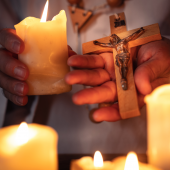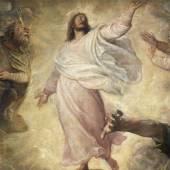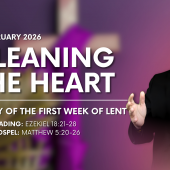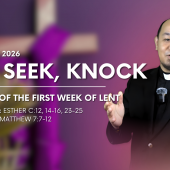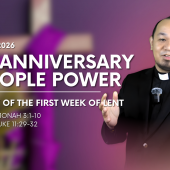Cast Away the Fear and Celebrate
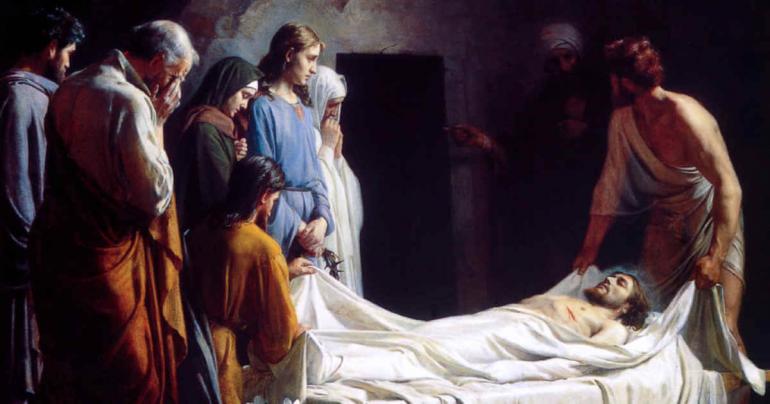
April 1, Monday in the Octave of Easter
Daily Readings: Acts 2:14, 22-33; Matthew 28:8-15
We're on the first day of Octave Easter. According to Wikipedia, "Octave" has two senses in Christian liturgical usage. In the first sense, it is the eighth day after a feast, reckoning inclusively, and so always falls on the same day of the week as the feast itself. We derived the word from the Latin octava (eighth), with dies (day) understood.
In the second sense, the term refers to the entire eight-day period that marks the observance of certain major feasts. While Easter is one of the principal holidays, or feasts, of Christianity, it also marks the Resurrection of Jesus three days after his death by crucifixion. The meaning of the Octave of Easter is the eight days, or octave, that begin on Easter Sunday and end on the Second Sunday of Easter.
The first reading speaks to the testimony of Jesus' ministry and his life, where Jesus of Nazareth was condemned and crucified on the cross but was resurrected by his Father in heaven. The responsorial psalm is a prayer pleading to God for protection, believing that He is the hope of mankind. The gospel pertains to how Mary Magdalene and others met the resurrected Jesus, where they were given instructions not to be afraid and to tell the other disciples that he would be meeting them.
People are always overwhelmed after big events, especially if they impact their lives. Mary Magdalene, who personally witnessed Jesus' crucifixion and subsequent resurrection on the third day, embarked on a mission to spread his message to the disciples. Joy, knowing that Jesus is alive, overshadows the fear. It's a call for a great celebration of Jesus coming back to life.
Lord, bless our fears in life, and grant us hope to overcome them with your presence. Amen.
Radio Veritas Asia (RVA), a media platform of the Catholic Church, aims to share Christ. RVA started in 1969 as a continental Catholic radio station to serve Asian countries in their respective local language, thus earning the tag “the Voice of Asian Christianity.” Responding to the emerging context, RVA embraced media platforms to connect with the global Asian audience via its 21 language websites and various social media platforms.









